~Engkalak~
Litsea garciae
Local Borneo names: Kangkala, Medang, Pangalaban, Ta'ang.
Common names: Wuru Lilin, Tebulus
aka
Butter-Fruit
Native to
the Sarawak and Sabah regions of Borneo, in Malaysia and
Indonesia.
Distribution: Taiwan, Peninsular Malaysia, Sumatra, Java, Borneo
(throughout the island), Philippines, Celebes.
|
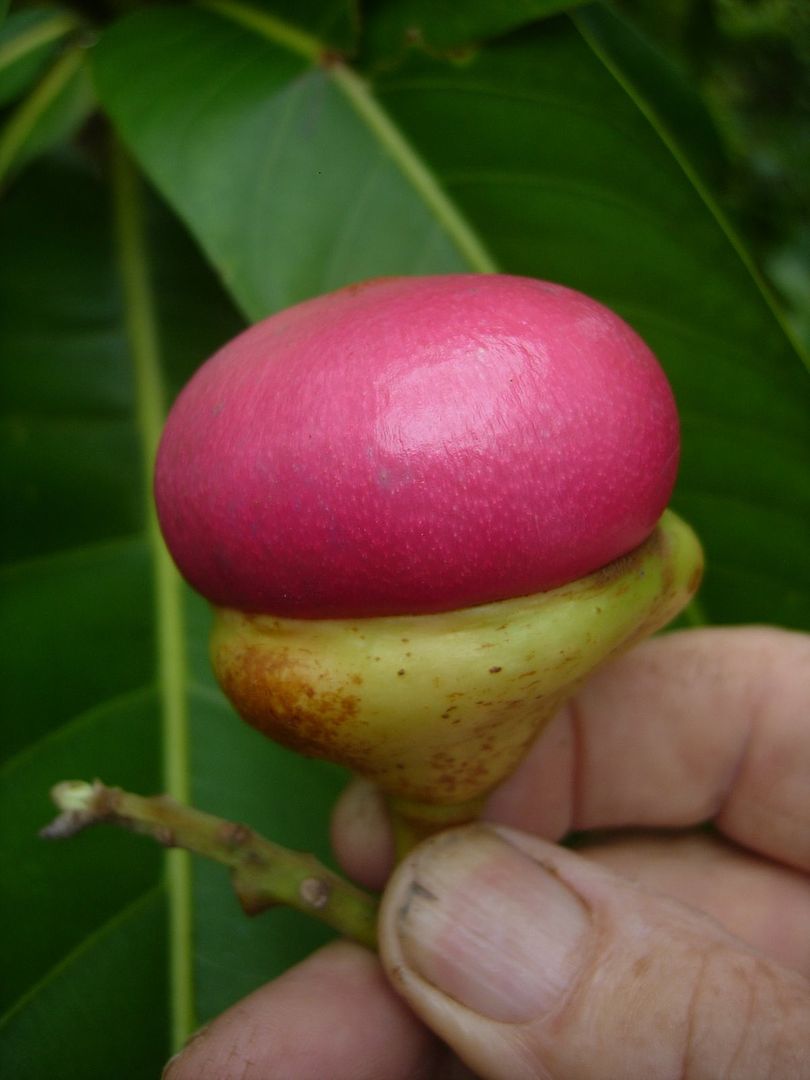
|

You are bidding on * live seedlings with vigorous root systems * inches tall with * leaves born and growing in a
peat plug for ease of transplant.
|
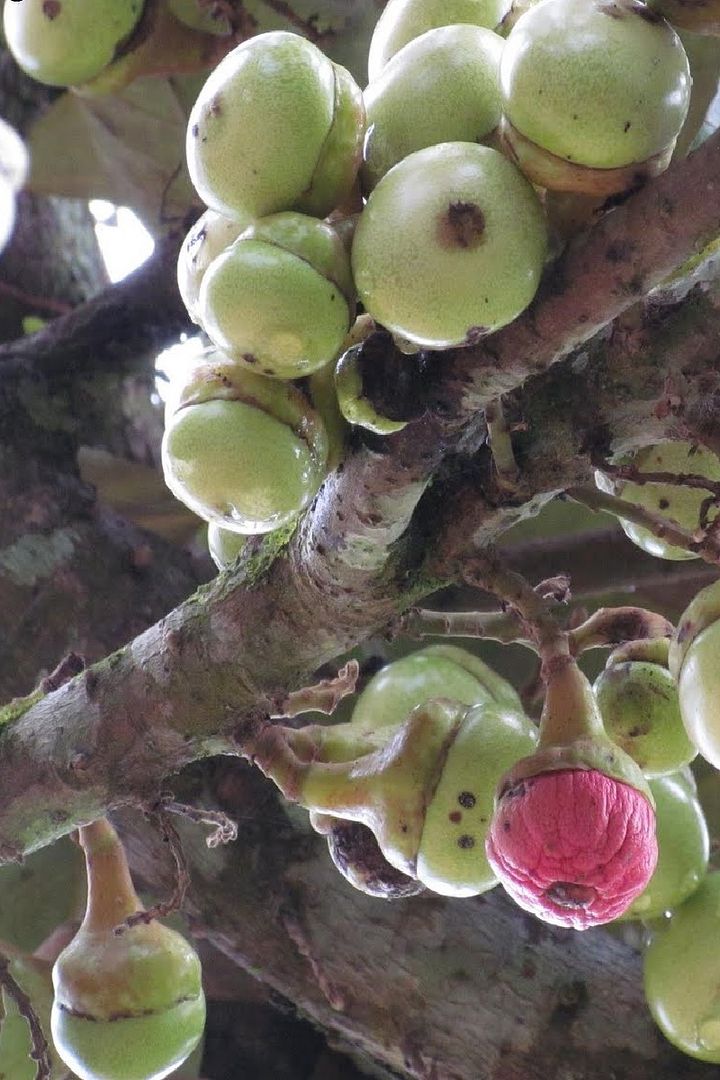 |
~Butter-Fruit~ Small fruit, only 1-1.5"
across, with pink to purple skin. Kangkala, Medang, Pangalaban, Ta'ang.,
Litsea garcia
Description: Tropical tree which loves water and is often found
growing near rivers and streams.
Uses: Fruits are edible. Eaten fresh or used to prepare foods. The fruit
has excellent delicate, avocado-like flavor. Fruits can be
used in the same way as the avocado.
Litsea seeds contain fats
that are used in the production of soaps and candles.
The wood is used. Lightly burned bark used to cure caterpillar
stings. Oil is extracted from the seeds.
Sub-canopy tree up to 26 m tall and 49 cm m tall and 49 cm dbh. Stipules absent.
Leaves alternate, simple, penni-veined, silvery shiny when
young, glabrous. Flowers ca. 15 mm diameter, white-yellow,
placed in racemes. Fruits ca. 24 mm diameter, white-yellow,
fleshy drupes placed on enlarged flower base (cupule).
Ecology
On disturbed, open sites in mixed dipterocarp forests up to 200
m altitude. Often along rivers or on hillsides with sandy to
clay soils. Also commonly cultivated.
Taiwan, Peninsular Malaysia, Sumatra, Java, Borneo (throughout
the island), Philippines, Celebes.
|
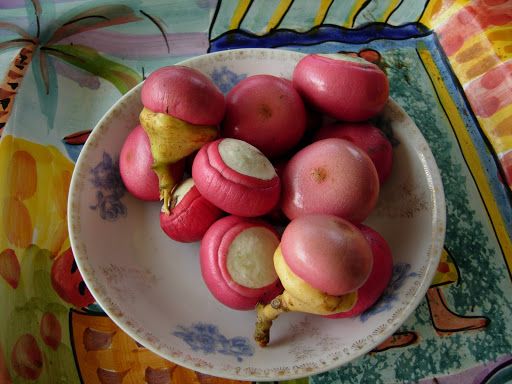
Engkalak fruit is known by
other names such as Tebulus and Penglaban depending on the term
used by the various ethnic groups in Sarawak. Nonetheless, it
refers to the same fruit called Engkalak, as is called among the
local Malays.
Scientifically known as Litsea garciae, it is a
jungle plant from the Avocado family which is easily available
in Sarawak especially in Sibu, Mukah, Oya, Igan and other areas.
Some of its characteristics include seasonal fruiting similar to
durian season, wide green-colored leaves, rounded fruits which
are green when unripe and reddish color when ripens.
The stem
is easily broken and it grows naturally on the riverbanks or in
the jungle. They are also planted in farms or in the backyards.
The tree grows easily especially in peat soil and it does not
require any special care. During the fruit season, Engkalak is
easily available at the farmers markets in Kuching, Sri Aman,
Sibu and Mukah.
Unlike other fruits, Engkalak cannot be eaten
immediately once plucked due to its rancid taste and slight
itchiness which can cause discomfort to the tongue.
How to cook it? Well, engkalak does not need ‘heavy’ cooking.
Just wash them clean, take off the petal (the green cap), then soak them in warm water until they turn soft.
(The pink ripe fruit is a bit soft already). Rub a bit of salt on the white flesh then gently hit them with a fork
(top and side) and it’s ready to be eaten in 15mins.
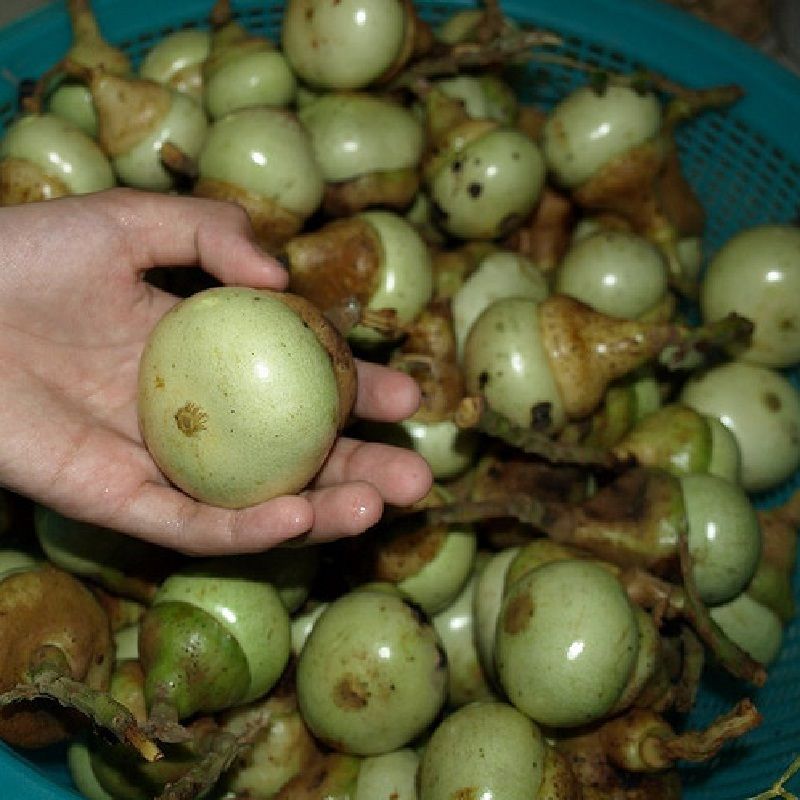
Engkalak fruit has been
one of the traditional foods among the Malay, Iban, Bidayuh,
Melanau and other ethnics since ages. Unlike other fruits,
Engkalak has to be immersed in warm water for a few minutes
until soften. Before it is eaten, the fruit is mixed with salt
to heighten its taste. The flesh is quite sweet and tasty. Young
and unripe Engkalak can be preserved or made into pickles.
However, it has to be immersed in water for a few days to
eliminate the rancid taste and itchiness besides softening the
flesh. Then, it is preserved with salt and water. This preserve
is usually eaten with pickled water and chilli.
|
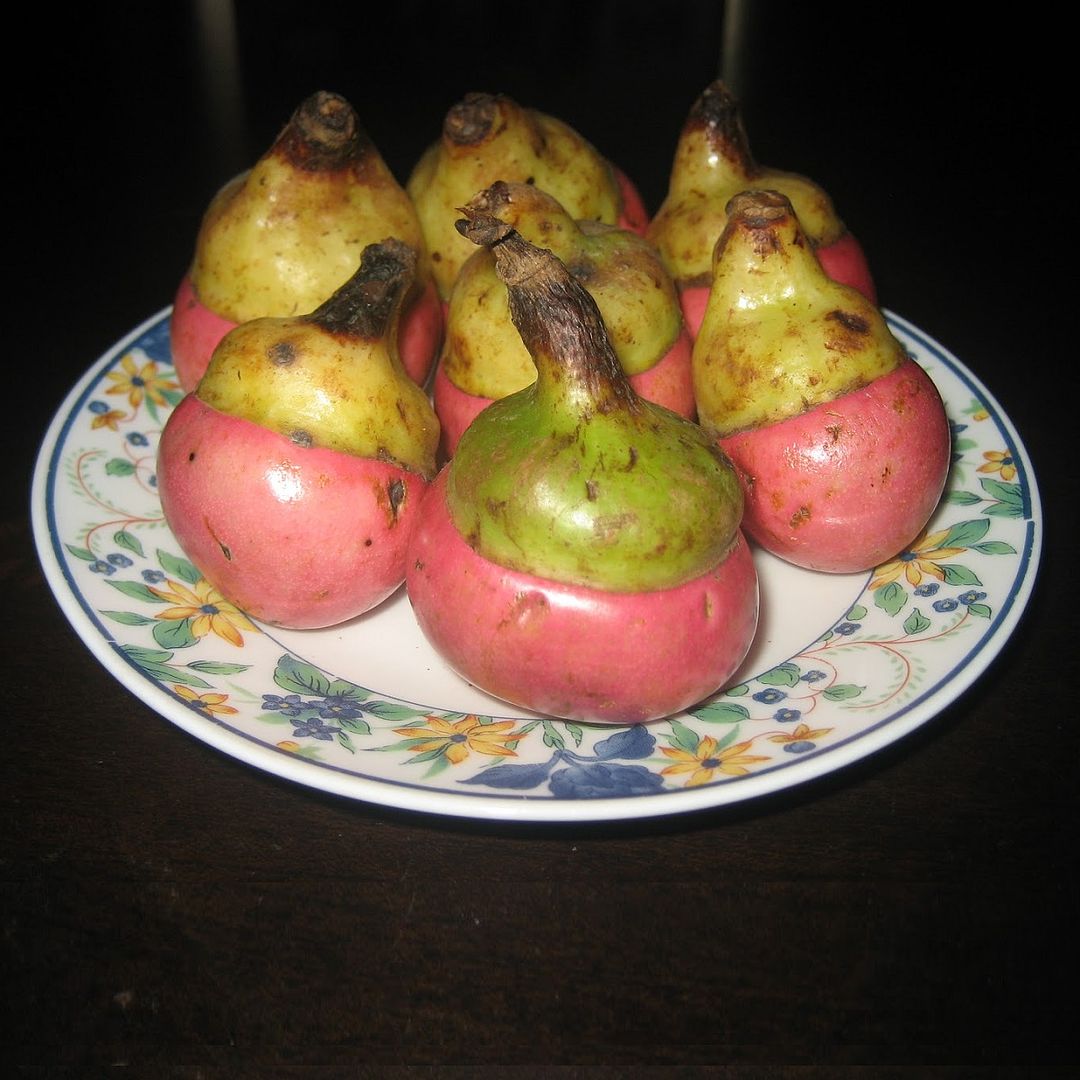
Engkala is believed to have
originated in the Philippines though some botanists are of the
opinion that it is a natïve of Borneo. It grows wild in forests
there in low and medium altitudes.
Besides Philippines, engkala is cultivated in the mountain
region of Java in Indonesia. This fruit is also grown to a
smaller extent in Peninsular Malaysia.
A medium to large tree attaining a height from 10-20 m, and a
trunk diameter of 40-50 cm.
Leaves ovate-oblong-lanceolate, 12-50 cm long, 15-15 cm broad.
Fruit a depressed-globose berry, 2.5-4.5 cm in diameter, pink to
purple, edible having an excellent delicate avocado like flavor.
Engkalak fruit will turn
pink when it is ripe.
The fruits are eaten. They taste some what like avocado. The
fruit can be used in the same way as the avocado The fruits are
also steamA stearic oil extracted from the seeds. This oil was commonly
used during earlier days for making soaps and candles. The wood
is used for construction.
Engkala fruits are little known outside Indonesia and
Philippines. These avocado flavoured fruits are invariably liked
by people who happen to eat them for the first time. Engkala,
therefore, deserves to be tried outside South East Asia.
Engkala is propagated by seed. It does not require and
specialized cultivation technique and is planted and maintained
like other tropical trees.
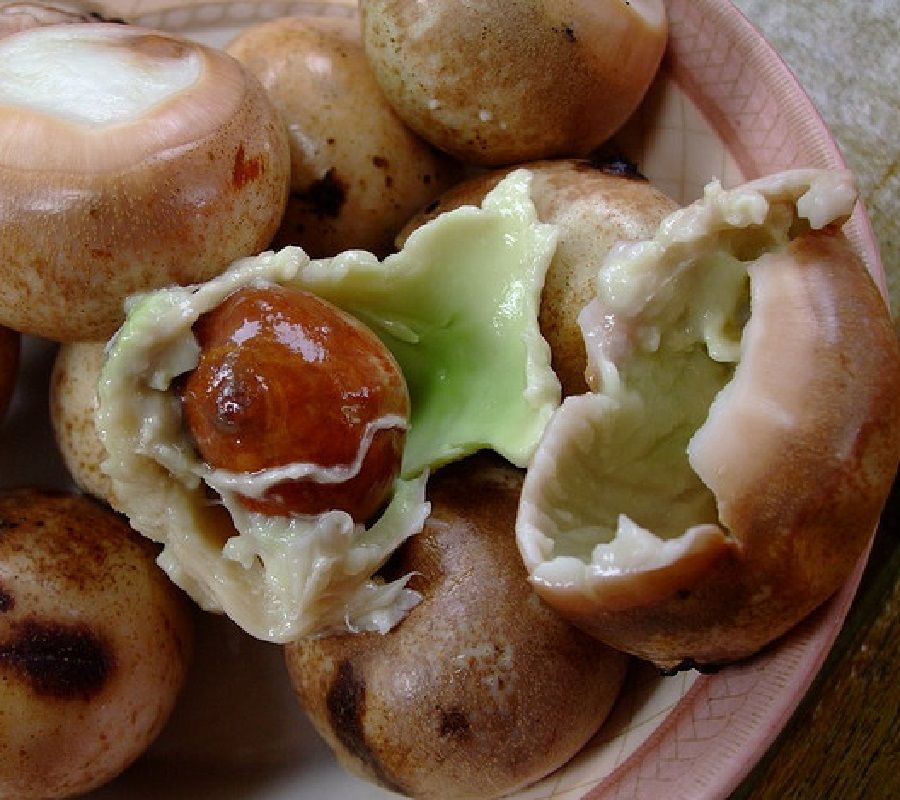
Family:
Lauraceae
Synonyms: Listea sebifera
Lepidadenia kawakamii (Hayata) Masam.
Litsea aurea Kosterm.
Litsea kawakamii Hayata
Tetradenia kawakamii (Hayata) Nemoto
|
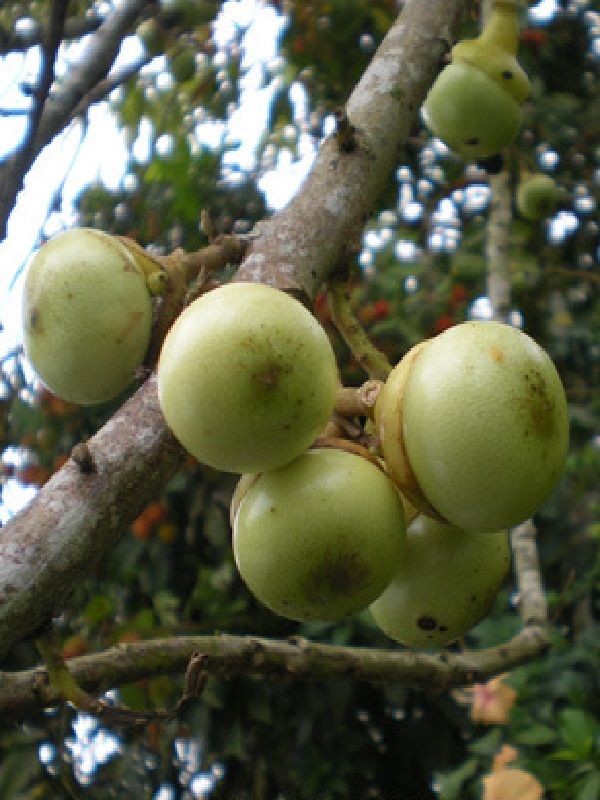 |
Engkala is an unusual
fruit, looking more like an unripe pink eggplant with its large
stem cap. It actually belongs to the Lauraceae, the same family
as the avocado and the bay tree.
Engkala fruits seem more than
strange. Eating directions for ripe fruits are: beat them with a
spoon, soak them in warm water, roll them, then remove the cap
and eat the entire fruit, skin and all, with a pinch of salt.
They are delicious!
The fruit flesh bears superficial
resemblance to the avocado, creamy and nutty, but in addition,
it has a slight tang. The fruits are quite perishable if
improperly handled, but with care, they could certainly bket commodity for their exquisite taste.
There are two
recognized varieties in Borneo. This form, known as Ta'ang on
Kalimantan, the island of Borneo, is slightly smaller, more intense pink-fuschia
color when ripe and reputed to be tastier.
|
small tree t full sun,
semi-shade, regular water, edible, ultra tropical, min. temp.
55F
Bengali - rare exotic fruit tree. Small fruit, with pink to
purple skin and excellent delicate, avocado-like flavor. The
fruits are little known, but reputedly well-liked by those who
have had the chance to try them. Eaten fresh or used to prepare
foods. The fruit can be used in the same way as the avocado.
Litsea seeds contain fats that are used in the production of
soaps and candles. The tree comes from Sarawak and South-west
Sabah where it can be seen growing along riverbanks and
scattered near villages. The foliage looks somewhat like that of
the avocado, however the leaves are longer and droop more
gracefully. There have been attempts to cultivate the engkala in
Java. The round fruits (35 to 45 mm in diameter), flattened top
and bottom, have thin, edible bright pink skins. Medium to thick
flesh surrounds the single, avocado-like seed (1"). It is
creamy-white and similar to avocado, but softer with a more
delicate flavor. The fruit is prepared by rolling it around a
basket, or hitting it with the back of a spoon. The seeds are a
source of fat and are used to manufacture candles and soap. The
engkala grows rapidly and tolerates high light levels if well
watered.
|
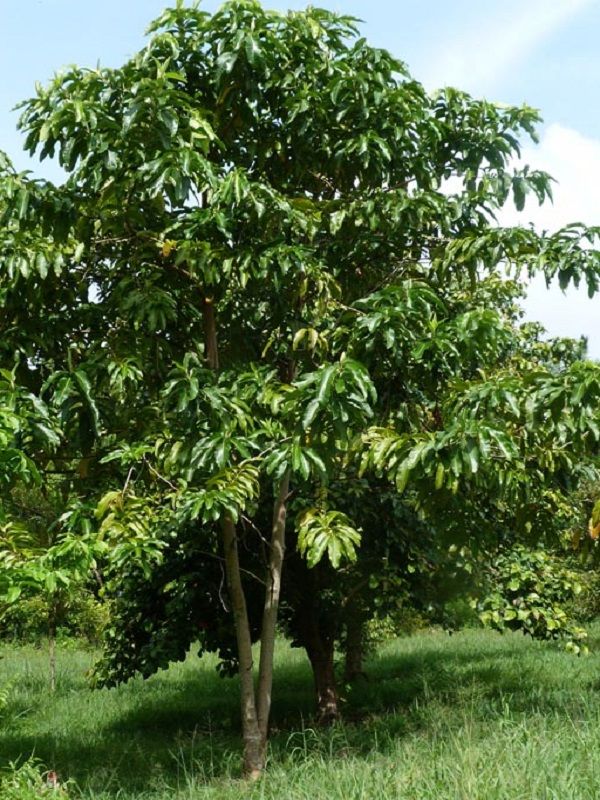 |
|
 |

|
|

|
|
All good things take time, so I grow my plants and rare palms in
 my ebay store. my ebay store.
Much more to check out or just get a little education on in my store.
|
|
|
 |

 Shipping Shipping

ATTENTION USA BIDDERS!
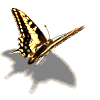 All live plants are shipped bare-root wrapped All live plants are shipped bare-root wrapped
 in moist sphagnum moss to ensure the plant's healthy transit to you. All live plants are Inspected By USDA Plant Inspectors before they are
shipped to insure you get healthy pest free plants and seeds. in moist sphagnum moss to ensure the plant's healthy transit to you. All live plants are Inspected By USDA Plant Inspectors before they are
shipped to insure you get healthy pest free plants and seeds.
We ship via USPS Mondays-Wednesday with Delivery
confirmation.
 All plant materials are required by LAW to inspected and certified by USDA prior to export Hawaii to the US Mainland.
All plant materials are required by LAW to inspected and certified by USDA prior to export Hawaii to the US Mainland.
After Inspection, USDA stamps released for export Hawaii to the US Mainland. All items are delivered to USDA Inspection Station at
Honolulu International airport.
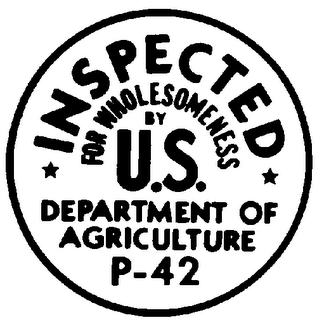
USDA
Certification charge
is included in Shipping and Handling
@
$5 fee per item/species.
There is a
packing & custom boxing fee.
Last and usually least is USPS postage (shipping)

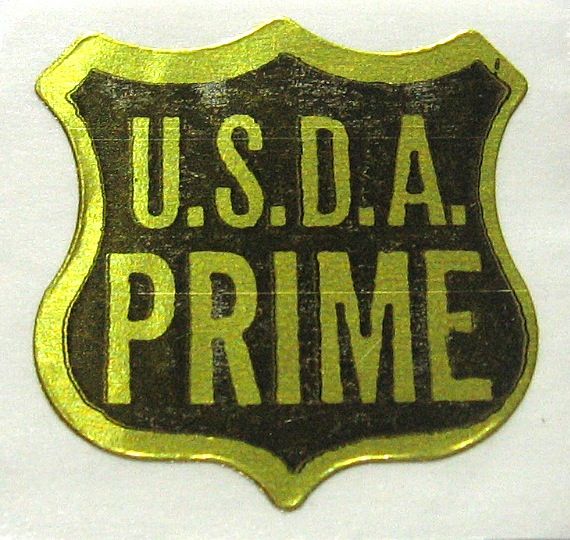
ATTENTION INTERNATIONAL BIDDERS!
We can ship
certified live plants to the US only. Only Domestic Shipping and Handling includes USDA Certification.
We ship Seeds Internationally.
All International shipments are at Buyer's Risk. Please spend no more more than you can lose!
Proper Permits and Documents are the BUYER's responsibility.
Please request any documents prior to shipping.
For foreign customers, please check your laws concerning permitting and customs,
additional shipping and handling costs may apply.
The additional charge for any Phytosanitary Certificate is not included in this offer.
INTERNATIONAL SHIPPING ON LIVE PLANTS is available only under these conditions!
All international orders are shipped at the BUYER's RISK
(shipped with or without documents) and no refunds or replacements are offered for Dead On
Arrival, loss, confiscation, Customs Seizure, unanticipated charges, etc.

|
 Payment
Payment

We
accept online payments only through PayPal, Cash payments are only acceptable for
in-person payments and cash-on-delivery (COD). Cash payment can not be sent through the
mail.
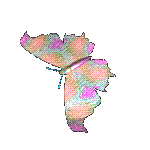
Please only one Paypal payment. SO THE COMBINED SHIPPING RULE WILL CAN
BE USED. Late or Multiple PayPal payments are NOT eligible for any discount.
We will ship once a week - ON or BEFORE WEDNESDAYS, because
of the special stamps needed to ship plants and cuttings to you. This can only be
done at the Dept. of Agriculture. If payments are not met before that MONDAY, your
items will be shipped the following week and lose the combined discount opportunity.
Non-paying bidders may receive negative feedback and will be reported as an unpaid item to
eBay.
COMBINED SHIPPING POLICY
INTERNATIONAL SHIPPING is not included in this offer.
INTERNATIONAL SHIPPING ON LIVE PLANTS on a case by case basis.
We will combine shipping for auctions won on the same week paid with same PayPal payment.

This policy is good for auction items bought and paid for in the week ending MONDAY.
We ship on Tuesdays.
Payment must be received
within 4 days of the auction ending.
Combined Discounts Won Auctions

For 2-3 winning auctions, the combined discount is 10% of the total Shipping and Handling
charges.
For 4-7 winning auctions, the combined discount is 20% of the total Shipping and
Handling charges.
For 7+ winning auctions, the combined discount is 30% of the total
Shipping and Handling charges.

 As each order is packed and prepared separately you will pay the quoted S/H charges
individually per item. If you buy the same species in that item it does calculate out the
discount (i.e.: additional items) As each order is packed and prepared separately you will pay the quoted S/H charges
individually per item. If you buy the same species in that item it does calculate out the
discount (i.e.: additional items)
My stores' combined shipping is built in for same
items rather than a varied selection. Domestic S/H includes postage, USDA certification and inspection,
proper packing and delivery to Airport for prompt delivery. I can't really change any
of these. If you want one of this and one of that, it is hard to discount much as each
different species requires it's own prep, packing, then at USDA each has to be
unwrapped and inspected then repacked. USDA requires me to clean and prepare every last
piece before we drive them to the Inspection Station on the other side of the island. It
takes my wife and I, 2-3 days to pack items and get ready to ship. The whole next day we
drive around the island and get inspected (2-3 hours), then drive to the Airport Post
Office to drop off. It takes the same work with the same type item if you can understand.
|
|
After you purchase |
After you Receive your Items. |
LIVE PLANTS ARE PERISHABLE.
For this reason uninsurable.
When you order a plant we assume you are prepared to care for it.
Please have potting media and a container prepared for your plant
before it arrives. Shipping can be stressful on a plant, and any
mistakes that you make upon arrival can stress the plant further,
which is not good. Proper care is critical upon arrival. It is your
responsibility to know how to care for the plant.
Not every plant that I order through
the mail survives, and I am aware of that and accept the risk when I
order. This is the risk that you as the buyer accept, because there
is no way to know what kind of conditions it will endure in the trip
to your door. My responsibility ends when a live plant is delivered
to your door. Live arrival is guaranteed, eternal survival is up to
you.
Please Do NOT email me a week after potting your plant, and make a claim it
arrived damaged. From delivery confirmation, you have only 48 hours from
delivery confirmation to make any claim.
|
All claims need to be supported with
Photos of the damaged plant(s) as packed/unpacked, the box if damaged,
the packing materials and any documents. I am very reasonable and
understanding, anything can happen to small plants in transit.
The expense to send it to you is most
of your payment. To send any replacements, I try to piggy back with your next order.
Replacement is not an option for
CUSTOMS SEIZURE.
ALL OF MY ITEMS ARE SHIPPED USDA CERTIFIED WITHIN THE U.S.
- USDA and USPS fees are included in the actual cost of shipping and Handling.
Please do not leave a 1 or 2 in my detailed seller ratings for postage
fees or any reason really because I will block you from any
further purchases.
I ship items the best and least expensive option. These are
coming from Hawaii. The only thing inexpensive here in
Hawaii are my items!! I do ship all my items promptly via
best method--if you feel like the combined shipping fee is
wrong, please wait to be invoiced and check back with me-I
value your business and will work diligently to keep you
satisfied. I am very generous and reasonable with reasonable
people, just ask.
|
 |
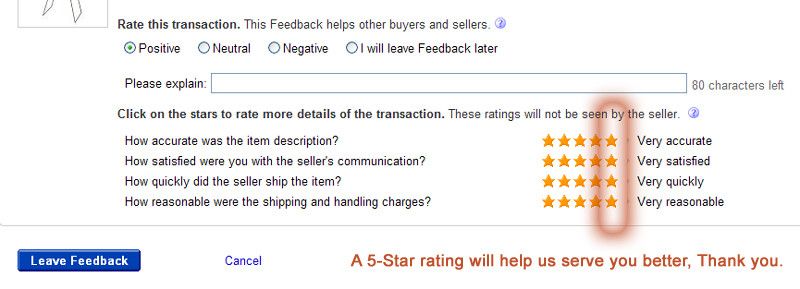 |
|
 |


my dog Taz will fetch your email to me
If you are dissatisfied with the item for any reason, please contact me before leaving a negative or neutral comment.
I want you to be satisfied!
Mahalo iâ `oe no ke kipa `ana mai. E kipa mai hou!
|
Rare Palm Seeds
Fresh Highest Quality
Seller warrants seed to be of the variety and quantity advertised.
Safe delivery is guaranteed and seeds lost or damaged during shipment will be replaced at seller's expense. Claims must be made with
in 7 days of shipment.
All other replacements, refunds, returns and exchanges will be made at the sole discretion of the seller.
Seed is a live product which depends on many important related grower skills such
as proper planting time, seed depth, type of soil, irrigation, proper use of fertilizers,
weed controls, fungicides, insecticides, disease free soil, and reasonable weather
conditions during the growing period. Germination is affected by such factors as
temperature, moisture content, light intensity and contamination of planting media. These
factors are totally out of the seller's control and are the buyer's responsibility and
risk. Consequentially, the seller cannot unconditionally guarantee seed to perform
properly regardless of conditions or the buyer's methods or mistakes.
|
|
Ma
ha
lo
&
A
l
o
h
a
!
! |
|
|
 |


















 All live plants are shipped bare-root wrapped
All live plants are shipped bare-root wrapped
 in moist sphagnum moss to ensure the plant's healthy transit to you. All live plants are Inspected By USDA Plant Inspectors before they are
shipped to insure you get healthy pest free plants and seeds.
in moist sphagnum moss to ensure the plant's healthy transit to you. All live plants are Inspected By USDA Plant Inspectors before they are
shipped to insure you get healthy pest free plants and seeds. All plant materials are required by LAW to inspected and certified by USDA prior to export Hawaii to the US Mainland.
All plant materials are required by LAW to inspected and certified by USDA prior to export Hawaii to the US Mainland.




 As each order is packed and prepared separately you will pay the quoted S/H charges
individually per item. If you buy the same species in that item it does calculate out the
discount (i.e.: additional items)
As each order is packed and prepared separately you will pay the quoted S/H charges
individually per item. If you buy the same species in that item it does calculate out the
discount (i.e.: additional items)